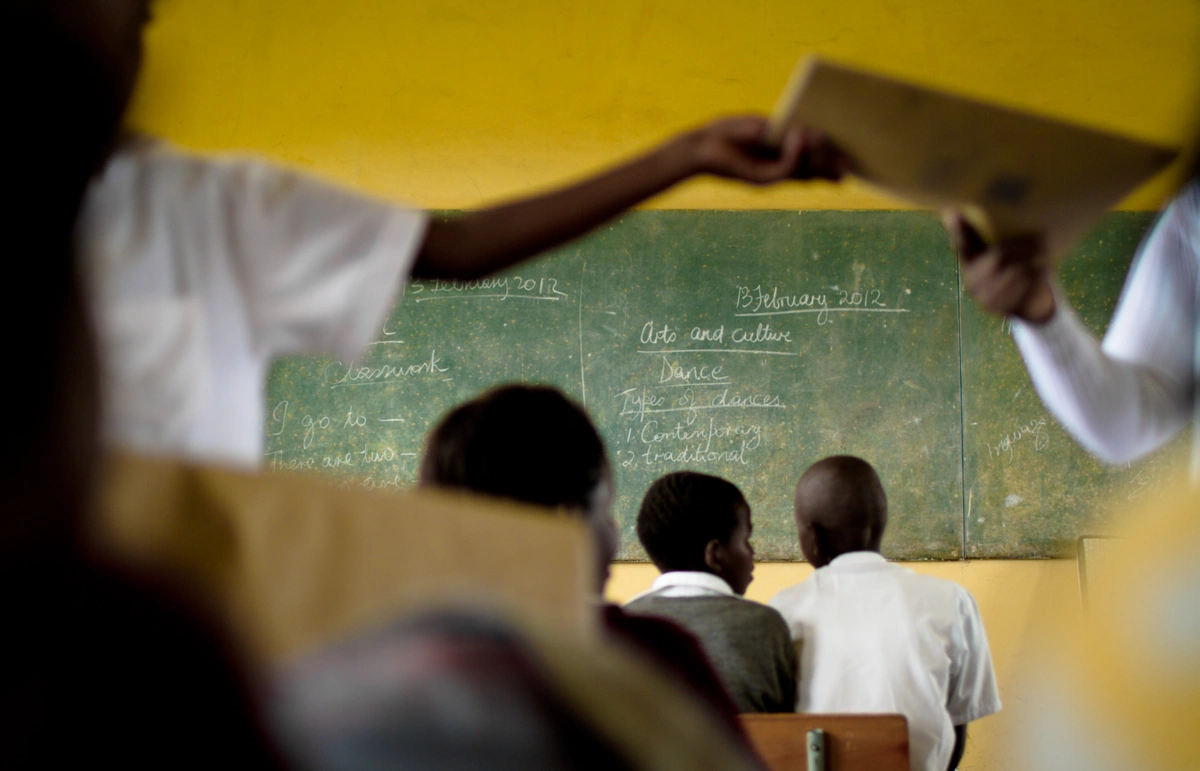How can we generate demand for the Covid vaccine in developing countries?
Generating ongoing demand for vaccines and health services in developing countries is complex and difficult. Specific population groups such as nomadic populations, religious communities and people located in remote villages in deserted areas are especially difficult to reach and convince.Next to making sure that there are enough vaccines and health supplies available in the country, tools and methods can be used by frontline health workers while interacting with local populations to ensure the uptake of vaccines and health services:
First, building a trusting relationship with the population is essential to generate demand for vaccines and health services. For example, finding out and engaging leaders from local and religious communities (e.g. spokespersons, influencers, people with a local or national presence within these communities, etc.) is a necessary first step. Giving community leaders a role in making decisions about vaccines and health service delivery increases their uptake.
Second, empowering frontline workers by providing them with differentiated messages tailored to individual communities increases their ability to convince and counter erroneous or incorrect messages about vaccination.
Third, improving the uptake of vaccination and health services in developing countries is correlated to improving education. It is important to educate better and more on the benefits of getting vaccinated. Targeting teachers, who are usually respected figures in their communities is crucial.
On top of building trust about vaccination and health service uptake across local populations, there is a need to promote vaccines and health services at the national level as well. For example, involving the highest level of state (e.g. the President, First Lady and their children) can send a positive message to the people.



